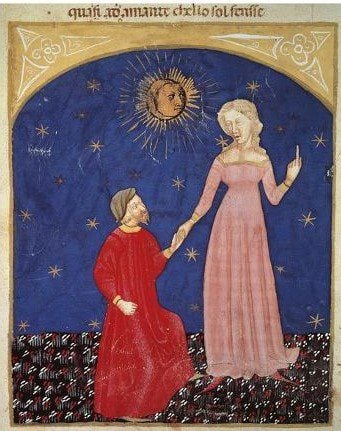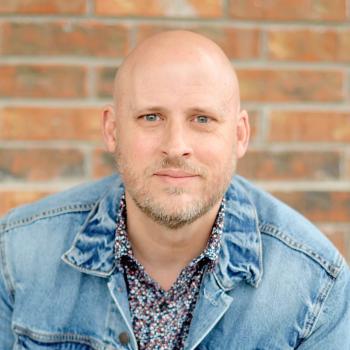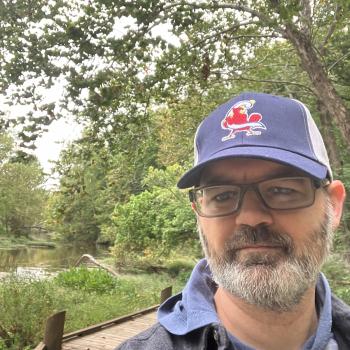A presentation of Baylor University Honors College, Torrey Honors College at Biola University, Templeton Honors College at Eastern University, University of Dallas, Whitworth University, Gonzaga University, and Gonzaga in Florence.
A couple weeks ago, I wrote an article like this, based on social media posts from the preceding week.
To read Snyder, Lenarduzzi, & Dante CLICK HERE
We all probably write a lot of words on social networks, in pm’s, and in texts if we stop and think about it. Every once in awhile I like to look back and track a theme I’m already writing about.
i. original invitation from a friend
World’s largest Dante reading group starting soon, with lectures on each of the 100 cantos of the Comedy being released from September 8, 2021 to Easter, 2022! No matter your experience with the Comedy, now’s the time to read it for the first or the 100th time!
I will only elaborate on this point. The rest are self-explanatory. Brian A. Williams and I went to school together from jr. high through our sophomore year. We often chatted about our favorite ’80s alternative bands. He had the best slide tackle on our soccer team as I recall.
I have been inspired by his educational journey over the years. I’ll present his lecture before Canto 6, so you can get a taste of how engaging this whole program is.
Brian A. Williams, Canto 6, Dante’s Inferno
Brian holds a masters from Regent College in Canada. Afterwards, as a scholar in residence, he wrote a pastoral Theology book entitled The Potter’s Rib: Mentoring for Pastoral Formation CLICK HERE
He and his family moved to England so he could earn his doctorate from Oxford University. He returned to America to become the Dean of the Templeton Honors College at Eastern University.
Interestingly, my counseling supervisor knows the previous Dean at Templeton… it’s a small country at times.
ii. my invitation
This reading group boasts some great scholars as tutors (like Brian Williams and Fred Sanders)
Sign up to be a part of this landmark… online… free… course on a classic piece of Christian literature. If you truly feel lost, Dante goes there and walks us out again.
David R Bundrick, one of my former bosses and leader in Student Development, is already signed up, receiving emails, and watching the videos
The full website is now up and running as well
iii. truly, an excited reader
I just completed Canto 3. I love the videos with the professors explaining what we’re witnessing in each Canto… so well done! And there’s a fantastic discussion page on Facebook.
I’ve had 2 others sign up. Why don’t you join me in experiencing this ageless Christian saga? You can catch up easily. In fact, one friend signed up last night as we talked about it on the phone.
iv. you can still easily catch up
I’m enjoying the read, even though we’re in “Inferno” at the moment (hell). We’ll get to heaven eventually.
I got 2 other friends to sign up for the journey, both with PhD’s. But you don’t have to have a doctorate to understand Dante.
Every chapter is preceded by an 8-10 minute video by one of the Professors in this cooperative who explains it all, so you don’t miss anything as you read. I’m really enjoying these mini-lectures!
There’s also an interactive FB page.
Read this classic with me
It doesn’t take any time to catch up
v. afterword
In general, we often shy away from the great works, especially if they seem to be too mystical or catholic. For the record, the schools who are participating (see the above list) represent both Protestants and Catholics.
One of my Protestant professors once quipped, “If being a Protestant means that I can only draw from readings from 1500 AD onward and not the first 400 years of church history, then I am not sure I’m that kind of Protestant.” I share his sentiment.
Prior to the Protestant Reformation, or the Continental Reformation, there were many stirrings in catholicism for at least a couple hundred years. Dante would have lived on the cusp of this new mystical era in catholicism. Some other catholic authors of that era are like him, truly focused on a personal relationship with God in new and fascinating ways.
I do not want to offend any of my Catholic Christian friends, and I have a few. However, I’ve said for years that if the mother church would have listened a little more closely to these emerging mystics before the Reformation, then perhaps there would have been more peaceful reform.
As for Protestants who dismiss the great works like this, I used to have more pity. I believed they had forgotten things we should not have forgotten. Some Protestants have seemingly lost all sensitivity to the symbolic. They no longer hold any reverence for the mysterious movements of God.

I would even venture to say that after about 3-4 generations of Pentecostalism in America, we are not so different. Shame on us for forgetting we not only inhabit flesh and blood, but God has called us to walk in the Spirit as well.
Over time, my views have changed a little. Some Protestants have not forgotten the mysteries of God. They have not forgotten to stand in awe and wonder when approaching our Almighty Lord and Savior Jesus Christ in worship.
Some Protestants have not forgotten… they’ve forsaken.
They have turned away from living the Christian life on earth in light of heaven, hell, eternal reward, and the presence of God we can clearly experience now.
We can live this way, but it is not very convenient in our age.
We can minister to our flocks this way, but it’s not very pragmatic.
Dante can remind us if we allow him.
Is everything that Dante says absolute truth?
Does anyone claim C.S. Lewis’ Screwtape Letters or Chronicles of Narnia are absolute truth?
There are Christian allegories and stories we have been given over time that make us think. Dante is one such voice who helps us remember… to remember who we are.













